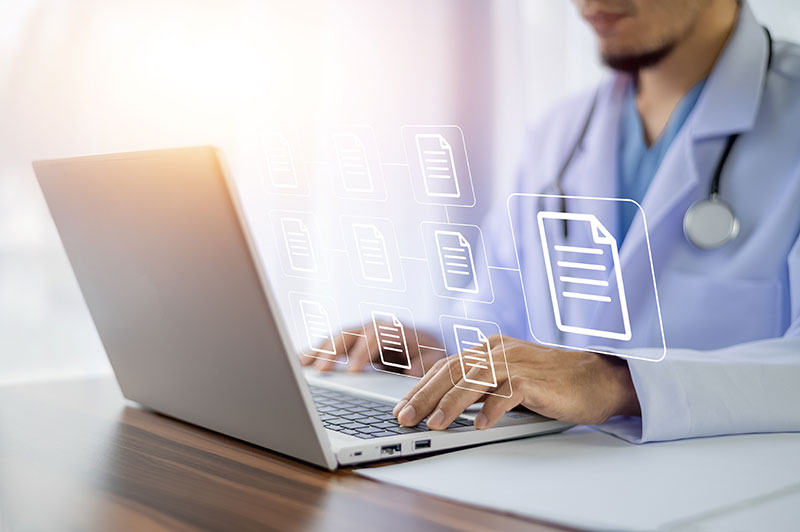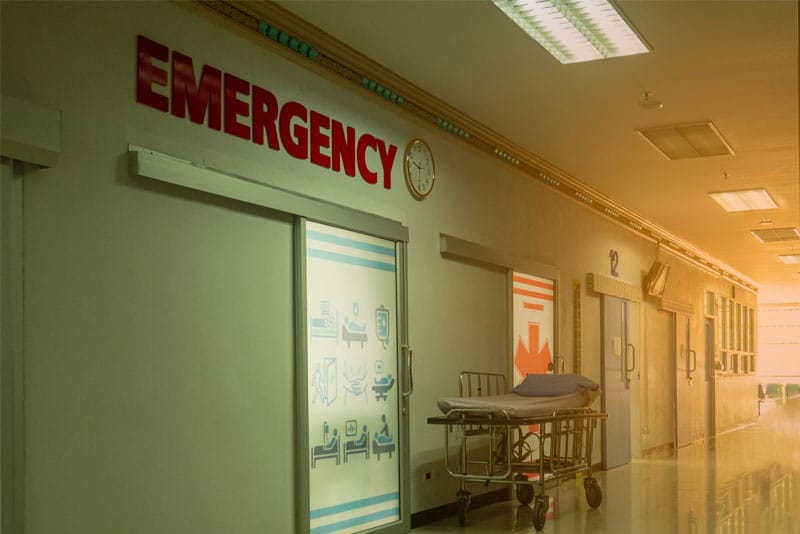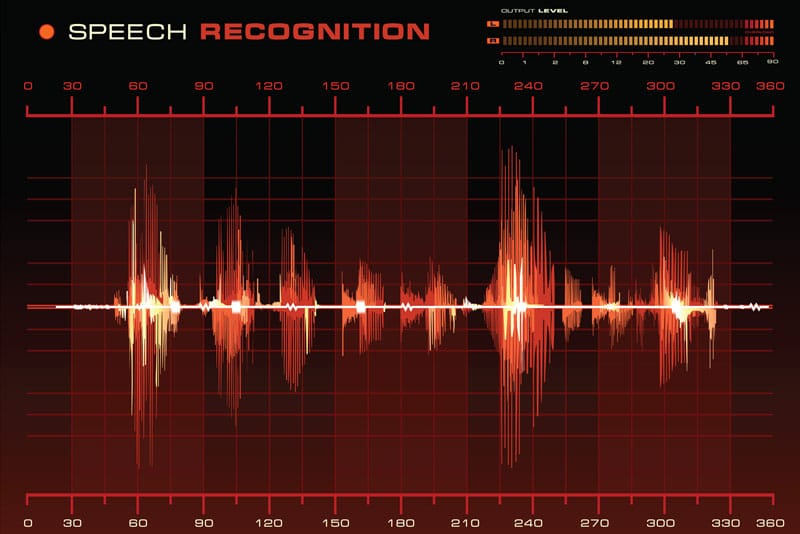As a wearable device with the capability to take pictures and videos and access the Internet using voice commands, Google Glass is considered to be an effective tool in the healthcare field. It was reported this March that the Rhode Island Hospital has been testing the possibility of using this device as an interface for physician consultation in an emergency room setting. Rhode Island Hospital is the first hospital in the United States to use HIPAA compliant Google Glass in an emergency department.

The hospital reports that the researchers will use a stripped-down version of Glass to test its efficacy in real-time audio-visual consults for patients who need dermatology consultations. They will use the device to stream live images of the dermatological condition of the patient to the consulting dermatologist. While the emergency medicine physician observes the condition, the consulting dermatologist will also be able to view the same images in real-time on a tablet. This will enable the dermatologist to provide appropriate advice, diagnosis and treatment options. The experts at Pristine (a healthcare technology communications company) developed their version of Glass that meets strict HIPAA requirements for the researchers which alleviates concerns about privacy issues.
This research points out that Glass can make emergency room services easier and effective as real time communication is possible with specialists who may not be present in the emergency department. Since the audio and video recordings of the patient encounter are automatically available during the consultation using the device, accurate transcription can be made available to ensure comprehensive clinical documentation. Glass provides faster data collection and capture and thereby makes the documentation more robust. If the data is shared in an HIPAA compliant environment as in the study, healthcare providers can prevent the violation of strict federal patient privacy laws while dealing with medical documents.
According to the researchers, this study will last for six months. Though the initial study will focus on emergency department patients requiring dermatology consultation, the researchers believe that there are wide opportunities for Glass in the medical field. They hope this technology will ultimately result in better coordinated care, faster interventions, fewer follow-up office visits and readmissions, better outcomes and lower costs for a wide range of medical specialties apart from dermatology.


